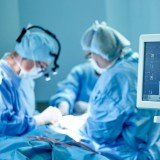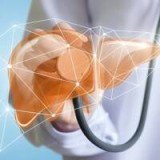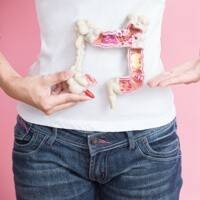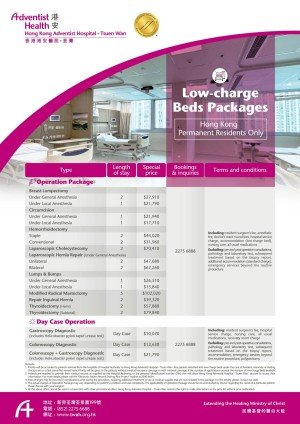Minimally Invasive Surgery & Colorectal Diseases Center
Surgical Services and Minimally Invasive Services
Minimally Invasive Surgery (MIS) and Colorectal Diseases Center is directed by a group of experienced and professional surgeons and qualified nurses. The center provides one-to-one care, timely treatment, multidisciplinary care, professional diagnosis and investigation to all our patients.
Scope of Services
- Identify potential new cases by screening program, colorectal package and investigation.
- Provide timely standard treatment plan
- Arrange and perform the colorectal surgery by the surgeon with specific training and expert experience.
- Pre and post-operation services
- One-to-one specialist nurse as case manager
- Oncologist participation in treatment
- Online booking
Resident General Surgeon Out-patient Clinic Hours
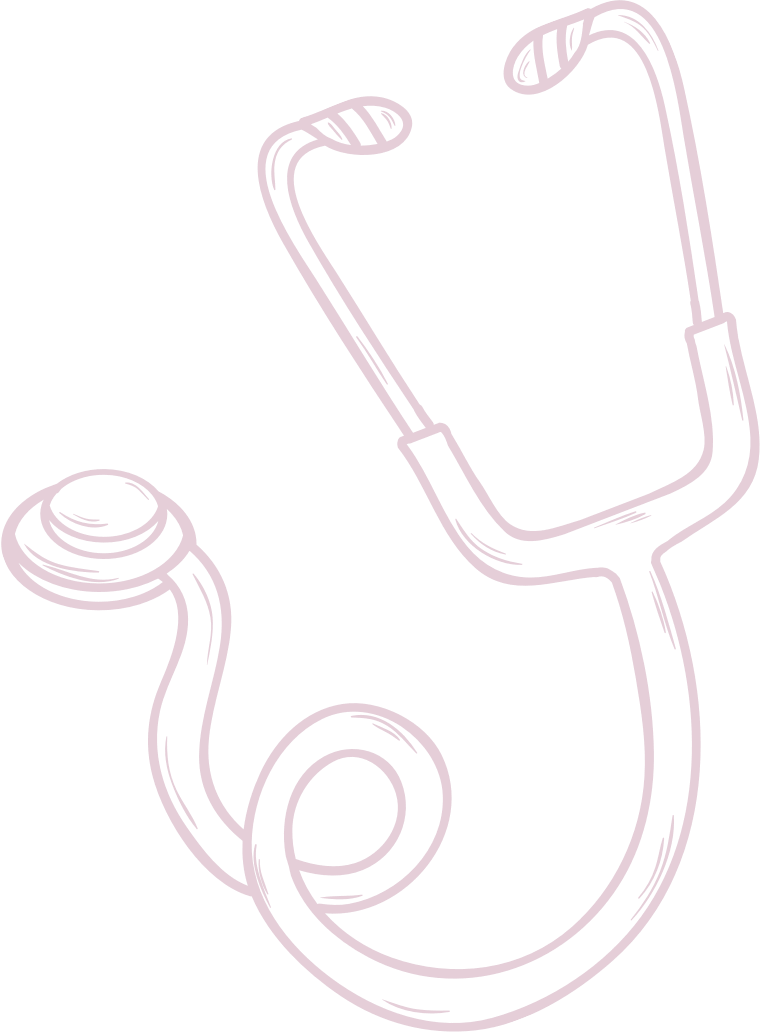
General Surgery
Dr. Chau Chun Han Kenneth
Adventist Health Physician
Consultant In General Surgery
Clinical Director Of Surgical Services
Consultant In General Surgery
Clinical Director Of Surgical Services

LMCHK
FRCSEd
FCSHK
FHKAM (Surgery)
FRCSEd
FCSHK
FHKAM (Surgery)
General Surgery
Dr. Chui Lap Bun
Adventist Health Physician
Consultant In General Surgery
Clinical Director Of Minimally Invasive Surgery And Colorectal Disease Center
Consultant In General Surgery
Clinical Director Of Minimally Invasive Surgery And Colorectal Disease Center

MBBS(HK)
MRCSEd
FRCSEd
FCSHK
FHKAM (Surgery)
MRCSEd
FRCSEd
FCSHK
FHKAM (Surgery)
医師料金
Facilities and Services
Fees and Charges
プロモーション
住所
199 Tsuen King Circuit, Tsuen Wan, N.T., Hong Kong
Telephone
(852) 6018 2809 / 2275 6888


